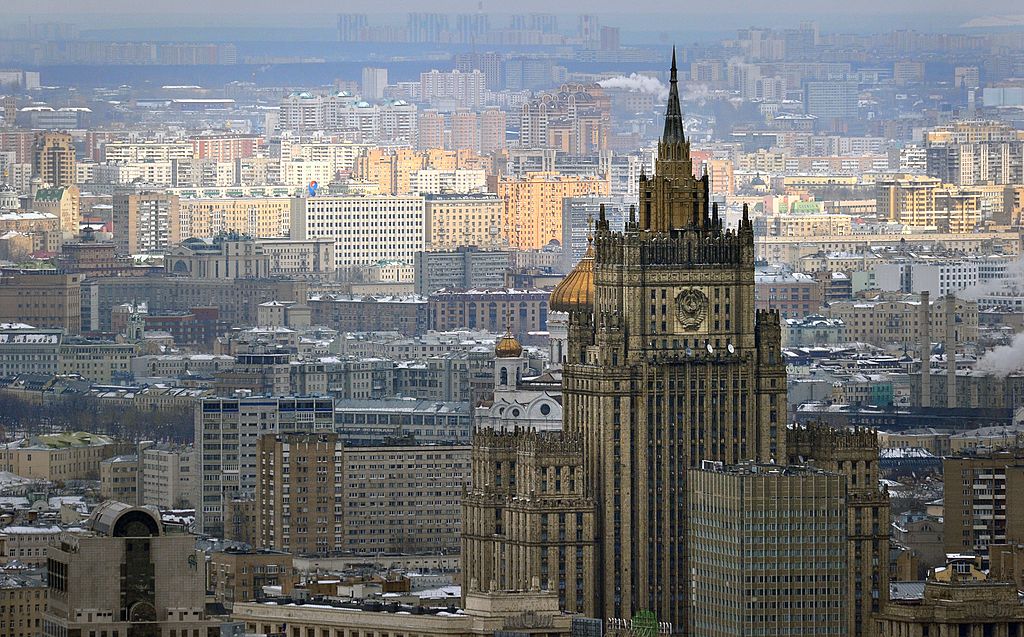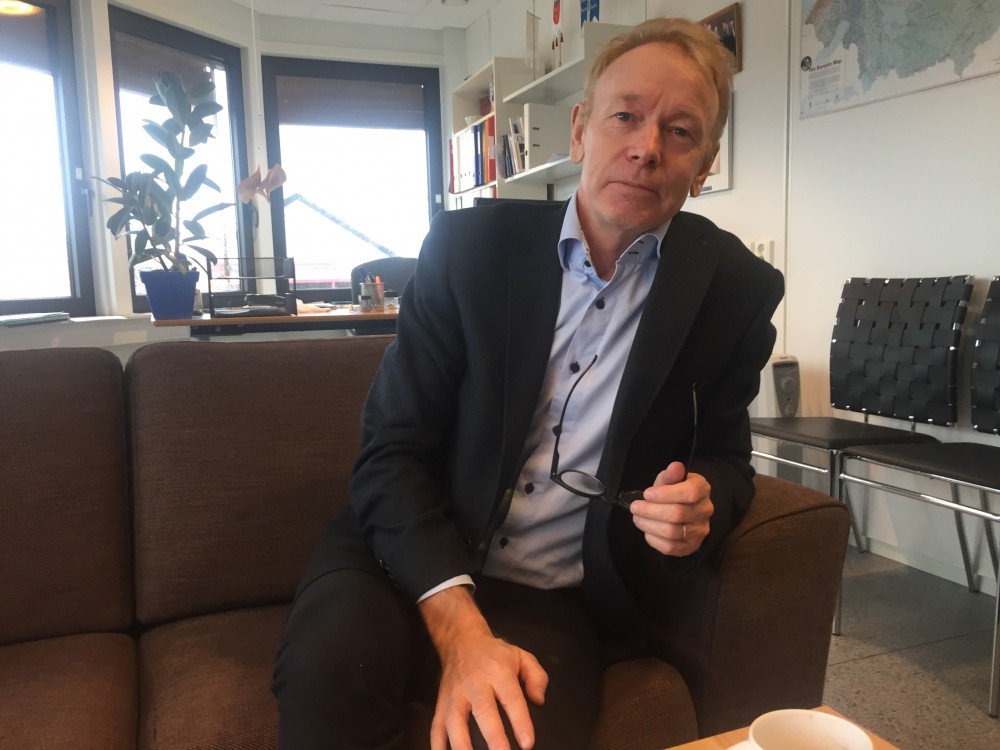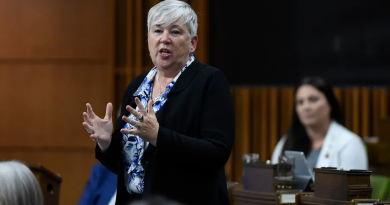Barents cooperation leaders meet in Russia

For the first time, leaders of the Barents working groups assembled to jointly discuss development of regional cooperation.
It was an initiative taken by the Russian chair in cooperation with the International Barents Secretariat, says Tomas Hallberg. He is Barents Secretariat leader in Kirkenes, Norway, and plays a key coordinative role in cross-border regional cooperation.
«The working groups are essential for the Barents Cooperation, it is in the working groups that the real work is made», Hallberg argues.
«You can say that the Barents Cooperation stands and falls with the working groups.»
Of the total of 14 Barents working groups, eleven were represented in the meeting, the first of its kind ever. It took place in Moscow under the auspices of the Russian MFA, the current chair of the Barents Euro-Arctic Council.
The four Barents countries
The working groups were established following the formation of the Barents Cooperation in 1993. They cover a wide range of issues, from transport, tourism and economic cooperation to environment, health and indigenous peoples. They include experts from all of the four Barents countries; Finland, Norway, Russia and Sweden.
It is unlikely to be the last meeting of the kind. Hallberg believes Sweden, which takes over the chair of the Barents Council from Russia in October this year, will follow up the initiative.
«I believe in this, it is a useful measure to bolster the working groups. It helps create a collective feeling among the group leaders and it strengthens relations between the groups and the politicians on the regional and national level».
The meeting included also representatives of the Barents Regional Committee and the Committee of Senior Officials (CSO), as well as the Barents Secretariat.
Regional cooperation

The strained relationship between Russia and its European neighbours clearly has affected cooperation also in the north. However, the Barents Cooperation bodies and groups have continued to work as before, seemingly unaffected by the political stalemate.
According to the Barents Secretariat leader Hallberg, the Russian MFA fully shares the view that regional cooperation and so-called people-to-people initiatives should remain at the core of the Barents initiative. The Russians also agree that Barents working group leaders should be invited to take part in the Barents Council meetings, Hallberg says.
The International Barents Secretariat has over the past years systematically engaged in measures aimed at a vitalization of the regional cooperation. In 2015, it elaborated a report on the state of the working groups.
That documents concludes that a big majority of the Barents working group members are highly motivated for cross-border cooperation, but that measures are needed to vitalize the cooperation structures.
Related stories from around the North:
Canada: Canada sends low-key delegation to Arctic forum in Russia, Radio Canada International
Denmark/Greenland: Nordics to step up security cooperation on perceived Russian threat, Yle News
Finland: Finnish business leaders optimistic about Russian market upswing, Yle News
Iceland: Meeting in Iceland discusses banning unregulated Arctic fishery, Radio Canada International
Norway: Russia, Norway border traffic up 18%, The Independent Barents Observer
Russia: Russia aims for «Barents Davos» forum in country’s Arctic capital, The Independent Barents Observer
Sweden: Sweden’s foreign minister still undecided on Barents Council meeting in Russia, The Independent Barents Observer
United States: Alaska’s Arctic policy adviser falls victim to fake news — in Russia, Alaska Dispatch News



